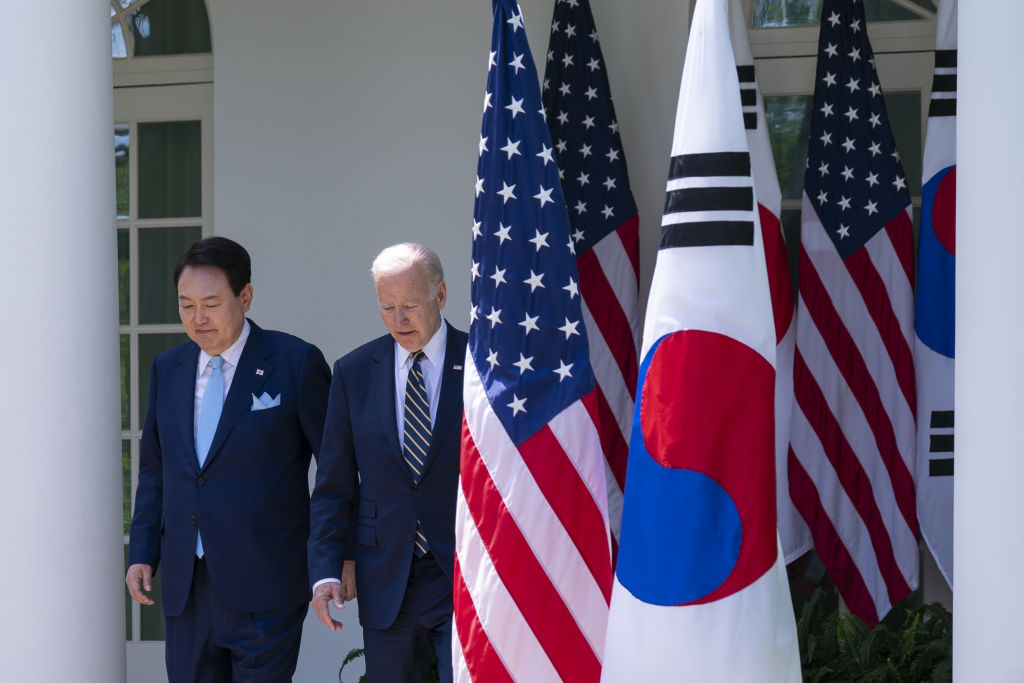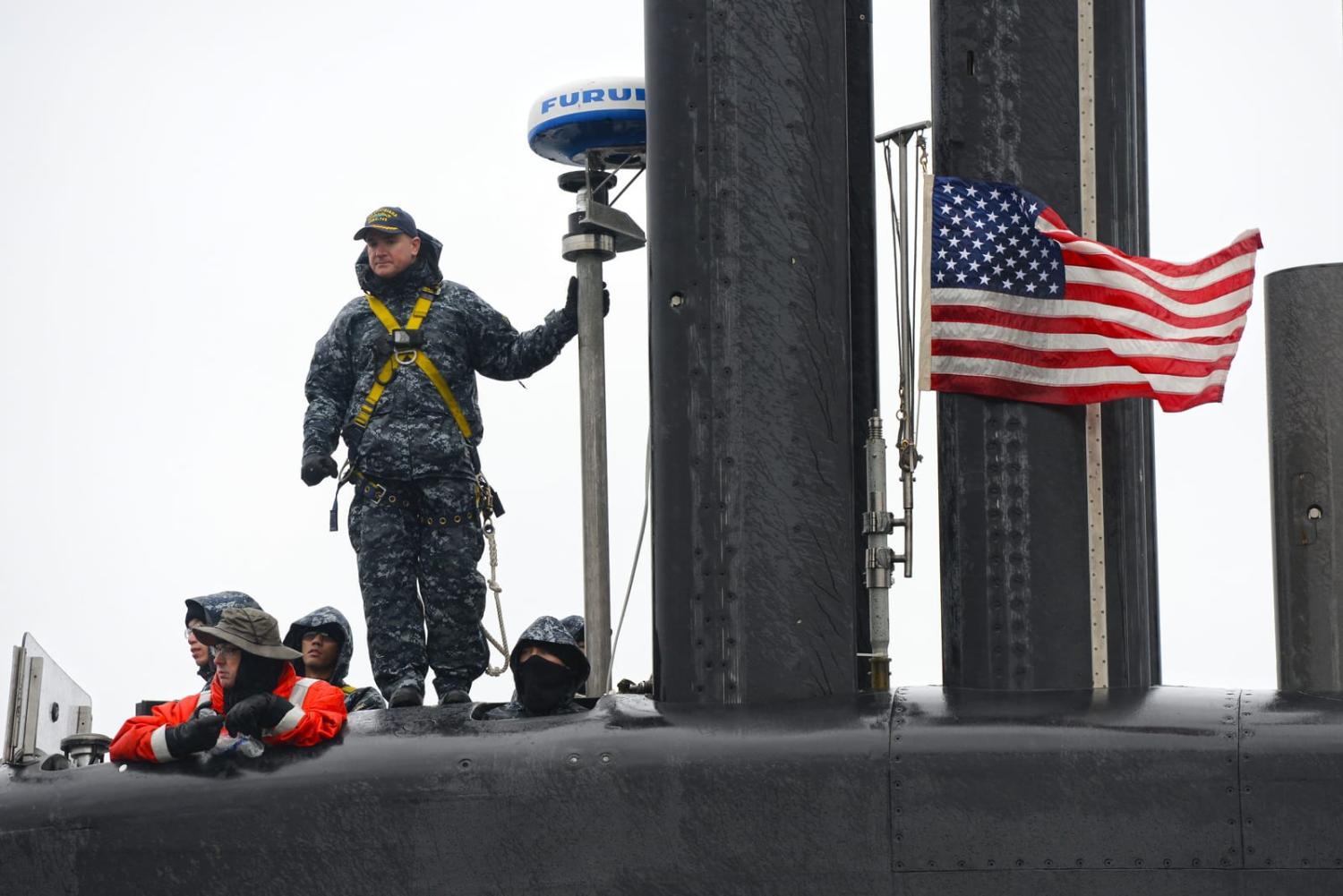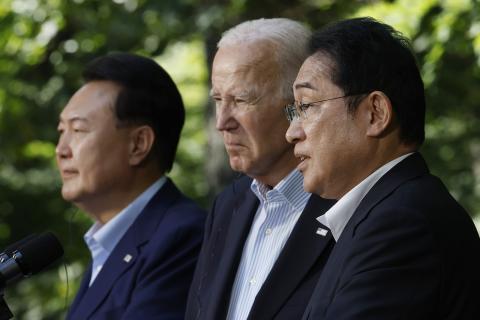Years of painstaking diplomacy to ensure less nuclear weapons, less nuclear states, and strong anti-nuclear weapons norms appear to be unravelling. It is not only fringe actors on the global stage that are challenging nuclear non-proliferation goals, but countries in the mainstream.
In January, South Korean President Yoon Suk-yeol speculated about developing a nuclear program to defend against an unpredictable and at times hostile northern neighbour. All recent attempts at curtailing the North Korean nuclear program have fallen short, and leader Kim Jong-un shows no signs of slowing down his displays of force, most recently test launching a new type of intercontinental ballistic missile. Yoon’s comments, though since retracted, have become an increasingly popular view as South Korea considers its options in a rapidly changing and increasingly unstable regional geopolitical environment.
As hypotheticals abound about what would unfold if China were to invade Taiwan, as China expands its own nuclear arsenal, and while the United States and Russia fall out of past nuclear limitation agreements, it is little wonder some countries might question the level of follow-though they can expect from the United States. Will Washington be able (or willing) to fully deliver on the commitments of its various alliances if other rising global powers decide to take a more aggressive route, especially if the retaliatory threat to US soil is great enough?
US President Joe Biden has now sought to allay the concern. Standing alongside Yoon at the White House, Biden has pledged greater support to South Korea against nuclear threats, including plans for the first US nuclear-armed ballistic missile submarine visits to the country in decades.
The question is whether Biden’s personal measure of comfort to Yoon can last, even with Biden’s declared intention to run for president again. Biden’s ability to guarantee any long-term US support will likely be questioned during the 2024 US presidential election campaign, with Donald Trump’s potential for a second term. During his years in the White House Trump threatened to withdraw longstanding American military presence from South Korea at the same time as praising and pursuing a diplomatic relationship with the North Korean leader.

Yoon’s speculation about obtaining nuclear weapons might have been a tactic to gain exactly the type of support the Biden administration has now provided, or it may have been the genuine desire for the peace of mind that more immediate and domestic deterrence may bring. But exceptions to the rule will always be magnified by those countries who wish to question the legitimacy of international conventions. Discussion that normalises the potential possession and use of such weapons is a regressive step.
This is not the first time the United States has been asked to provide more solid evidence of nuclear protection to its allies. As the Soviet Union arsenal expanded its reach in the 1960s, US allies in NATO demanded proof that their security would be a priority even with the possibility of an attack against the United States. Now, as North Korea’s nuclear capacity grows, South Korea is asking the same questions.
Biden’s reaffirmed commitments to Yoon may be the best move to uphold norms and conventions and double down on diplomacy in the short term, but the long-term solutions to South Korea’s nuclear questions are yet to be found.

